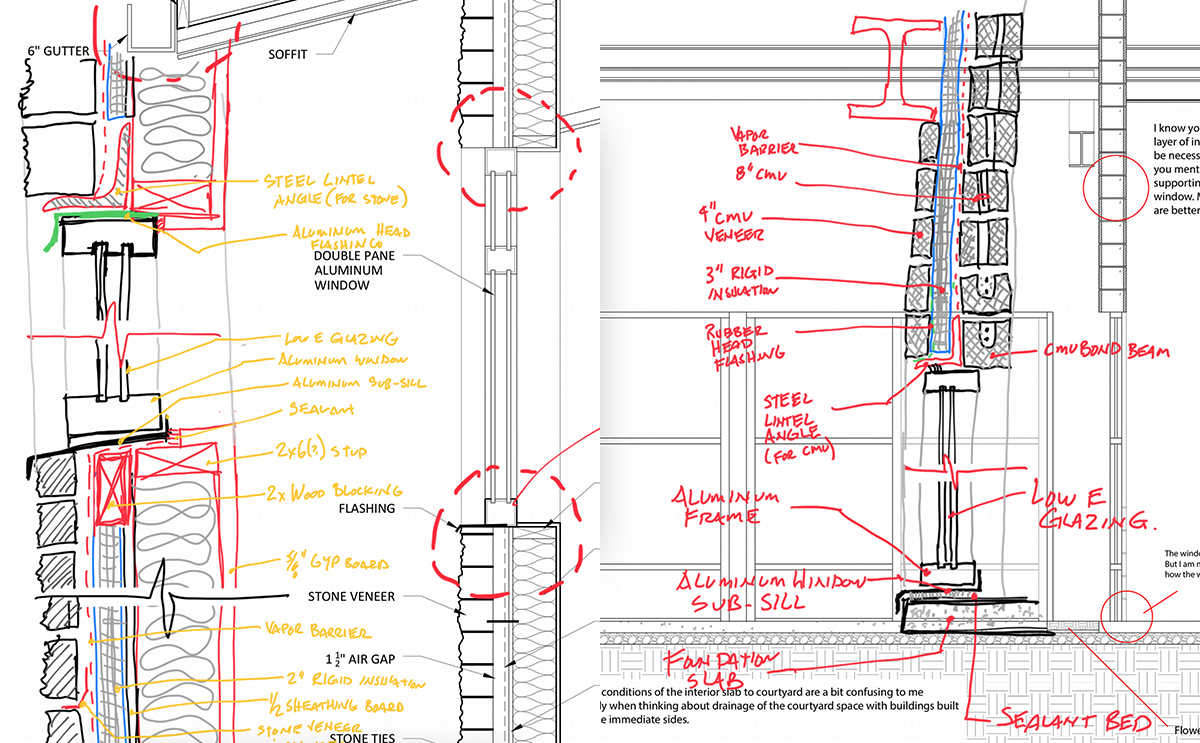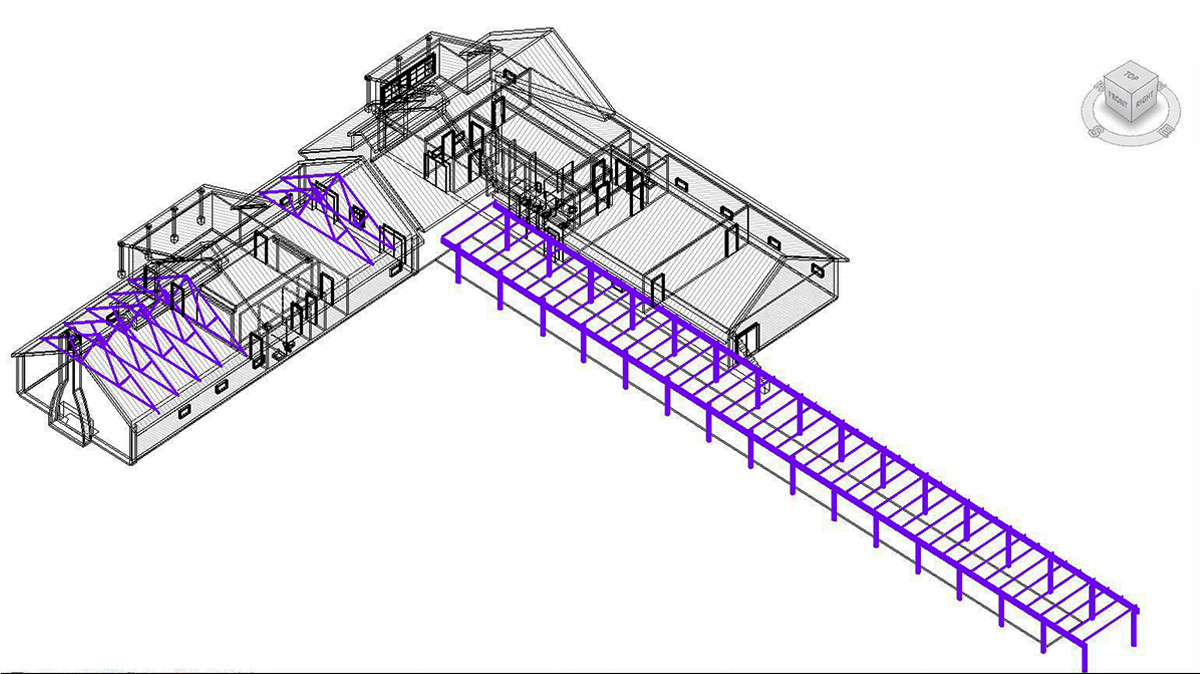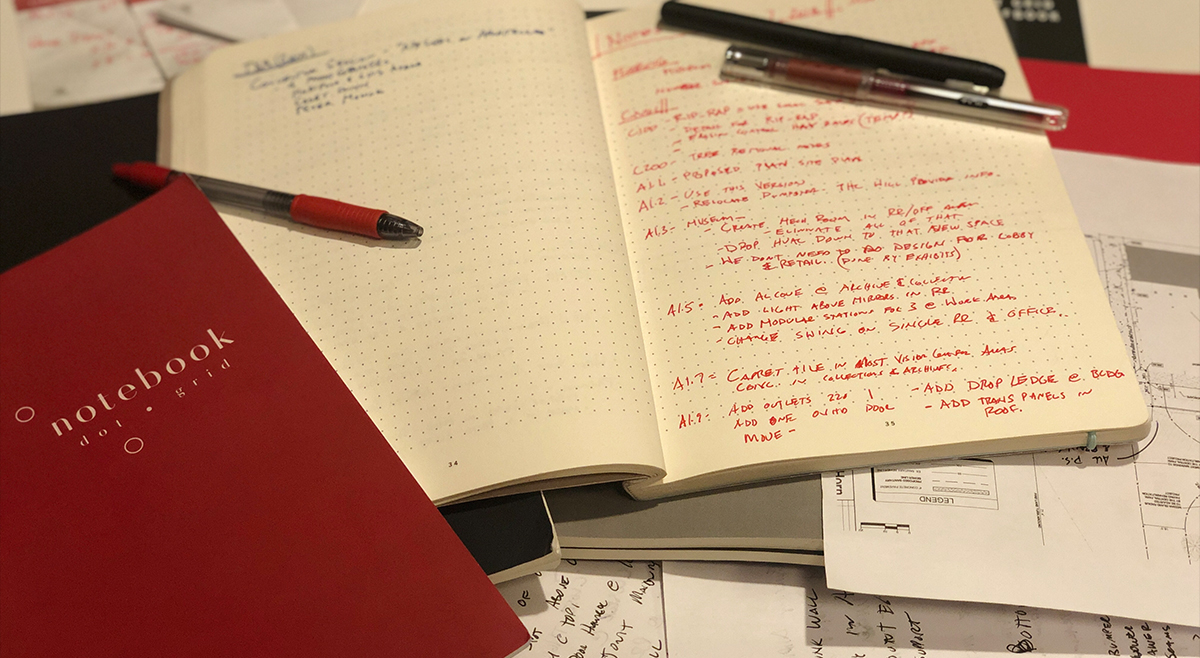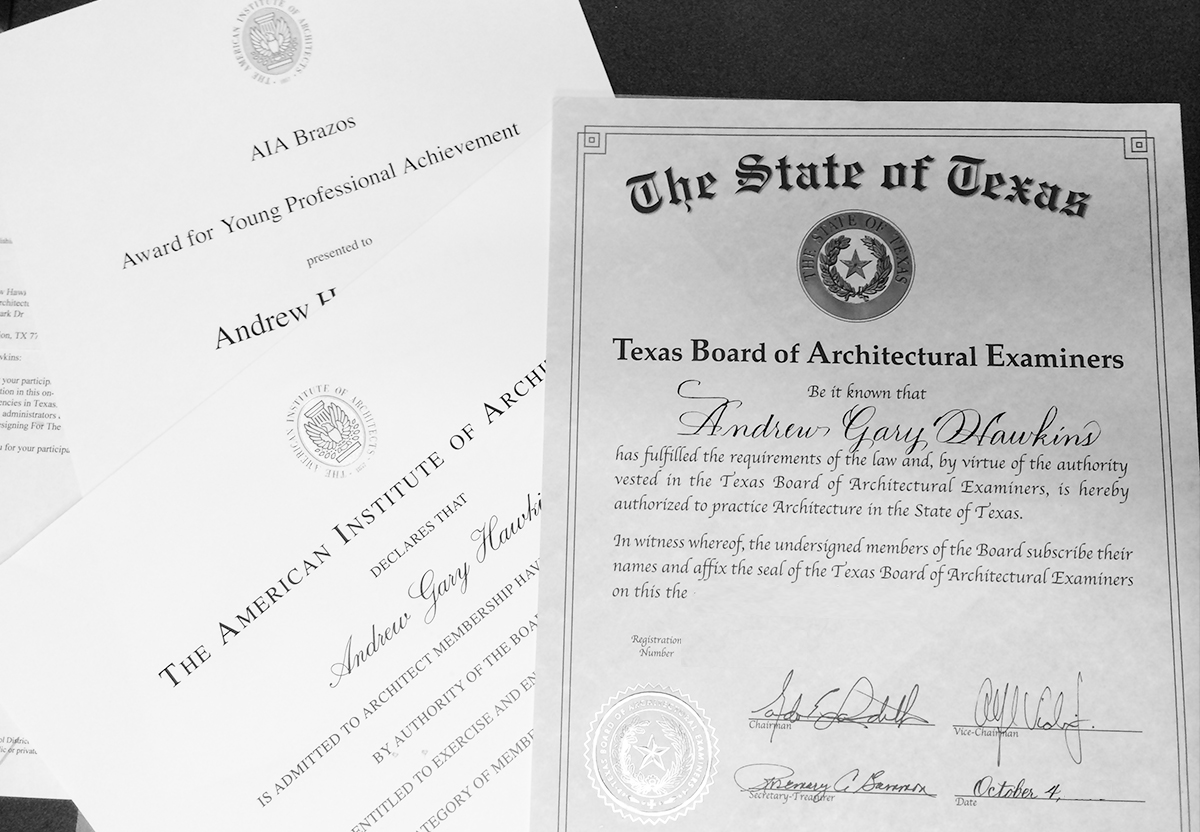It’s that time of year when graduating students join the workforce or students have summer internships. So I decided to share this list of tips for young architecture professionals. Even though it was created a few years ago, I think it all still applies to the first years of the profession. Just to be clear, this list is aimed at those just diving into the shallow end of the architectural profession. This would be those with zero to three years of experience mainly. Although I think this list is great for anyone under probably seven years of experience. Whether you are a student intern for a semester or a new graduate starting your career, these principles will help you on the new journey. Please let’s not start the debate about the nomenclature of this group, I know it’s there, but there is no good answer here. I think these are the top tips that will help you gain the most out of your experiences in the domain of architecture. While I think these are more suited to a smaller office (less than 100), I believe they are relevant to all firms.
Speaking & Listening
1. Do not use headphones in the office. You will learn more with your ears open. The conversations that go on around you and not specifically with you still provide benefits to your increased knowledge. So be aware of the little discussions around your desk. If you need to really focus and grind on a task, it may be acceptable, but I still believe that ears open is better for all. I know that virtually meetings put you in your headphones more than in the past; take them off (or out) and listen to the sounds of the office.
2. Listen more than you speak. Again this is one that allows you to learn. And for the first 2-3 years of your professional career, you should still practice this daily. It is not that you do not have things to offer; it is just that in the beginning, it is essential to get the lay of the land more than anything. If you really feel the need to speak, refer to the next item.
3. Speak up when you don’t understand. Maybe not in the moment, but at some point. It may not be an appropriate time to ask, like in the middle of a client meeting or other inappropriate time, but remember the question and ask it later. Allow a person to finish explaining before the questions begin. So don’t interrupt, but when there is time, ask so you can understand. Understanding the practice and process of architecture is what you are here to do.
4. Find answers to your questions. Sometimes it is better to seek out answers yourself. That shows initiative. But remember, it’s a balance of asking and finding. Find your answers through any means. Surprisingly to most young professionals these days, the internet does not have all the answers. Talk to someone about your questions, even if it’s to someone outside your firm. Mentors are excellent, and great mentors are awesome! Also, other young professionals are a great source of information. Your peers have all gone through the same process. They can help.
Expectations are critical
5. Never promise what you can’t deliver. This one is simple. (relates to the item below) The basic rule is that don’t say you can finish X by time Y when that is not reasonable for you. There are those above you in the office taking you at your word and passing along that information. It is just the start of a snowball of repercussions. Don’t be the first flake!
6. Expect things to take you twice as long. Period. Allow more time than you feel a task will take to complete. Twice as long as you initially think. This just happens. It may improve over time and with experience, but in the beginning, it always takes you much longer. Whether it’s new knowledge, a new skill, or other tasks getting in the way, task completion always takes longer than expected. Yet when you get to complete it early, it feels better than finishing late. Usually, someone else is counting on you to deliver when you say you are, so make it easier for yourself and others.
7. Don’t make excuses. Ever! If you did not get your task completed, messed it up, or did not really know what to do, take responsibility for your actions. Don’t say, “Well, John did not get done, so I could not.” Just stand up and take responsibility and the negatives that come along with it like an adult. It will just make you a better person. It will most likely help you grow and increase your knowledge or skills. Again this one is not “fun” or even popular, but to me, it is one of those parts of having a career.
8. Watch how your superiors interact with others. Take your behavioral cues from the “higher-ups” in your office, both in how they interact with others in the office but also consultants, clients, and those outside of the office. This is how they will most likely want you to act as well. Let them set the tone unless they are just terrible. This is useful in the early stages; soon, you can develop your own style of interaction within the practice. This one can take some time, so just be patient.
Learning on the Job
9. Do not overestimate your knowledge. I know you just graduated with a degree from a prestigious school . . . and you had a 3.8 GPR, but you most likely do not know anything practice related. (Anything practical, at least) That is not your fault. Still, do not assume that you know or understand what is happening. It will bite you in the ass. So be a little humble in this process of your new professional environment.
10. Why? That should be your new favorite word. And not in a smart-ass rhetorical way, but in an “I really want to learn” way. This is another easy way to increase your knowledge and, therefore, your usefulness. This curiosity allows your boss/supervisor/colleague to feel useful. At times, those above you like to explain architecture. This item is all about seeking knowledge politely and inquisitively. If your office is a decent place to work, they will not hesitate to engage this curiosity.
11. Learn about materials of the industry. Those are your fundamental tools. You have to comprehend how materials go together before you can create new ways to assemble them. Sure your 3D rendered model looks amaze-balls, but how is it held together? How do the materials behave? How is that detail flashed? This is what truly takes your comprehension and abilities to the next level. Once you know the components of a system, then you can start to manipulate them in new ways.
12. Always take notes. You are on a whole new learning curve. So take notes. . . about everything. It will help you in the future. You may also remember it a bit faster from writing it down. At least I know that most people learn this way. Of course, not everyone, but it still will not hurt you to take copious notes. Then you can look back later without asking the same question again.
Persistence is valuable
13. The profession is not all glamorous. Just realize and accept this. Even your boss has to do things they don’t want to deal with. That is why it is work, not play. So get over the fact that today, or even this week, all you did was boring redlines or filing papers or other trivial tasks. Everyone in the office deals with that in some form. There are just different levels of tedium. I know that there is less tolerance for this in today’s environment, but in reality, it is just how most offices work. Not just architecture, but ALL offices. Most careers have elements of mundane tasks that are persistent. Despite what the internet and social media tell you, every job is some part boring.
14. Don’t Give Up. The first years of your professional life are likely to be difficult and trying. No matter where you work, you may still feel like you are not in the right place. Don’t give up on your chosen profession. You may just have to find a new firm, studio, or group. Please don’t throw in the towel on being an architect because your first job was garbage. It happens; move on. Find another place. Now that is not to say if your first month is horrible, it’s time to go; that is not a good option either. (unless it’s just a total nightmare) Give each position a chance before you decide to move along. And a chance is between six months to a year in my book.
15. Work towards licensure. I know this is always a sensitive topic. Yes, it does cost money, takes time, and requires effort, yet it is what you went to school to become. This is the process. Changes are being made constantly to the process, but it is still a manageable task. Just make sure you are moving in that direction as soon as possible. Since you will be in the profession, you should attain that status. You may not care about getting that certificate, but it will invariably benefit you. So set that as a realistic and attainable goal; to become a licensed, test-proven, capital “A” Architect. It is not impossible, I promise. This process was very long for me, but only because it was not a priority. I worked and did not have this on my radar for about four years. Then when I was forced to care about this due to professional circumstances, I completed it all in a very short time period. So if you focus from the beginning, you can certainly achieve this goal.
So there you have it. So there is some advice from a person who has been licensed for about 15 years but has supervised and employed quite a few young professionals over the last 14 years. Use at your own discretion, but I will say it’s best to do them all. It will make you awesome! I understand the landscapes of office culture, expectations and even the physical workplace are changing, but these principles will still point you towards success.
Until next time,






